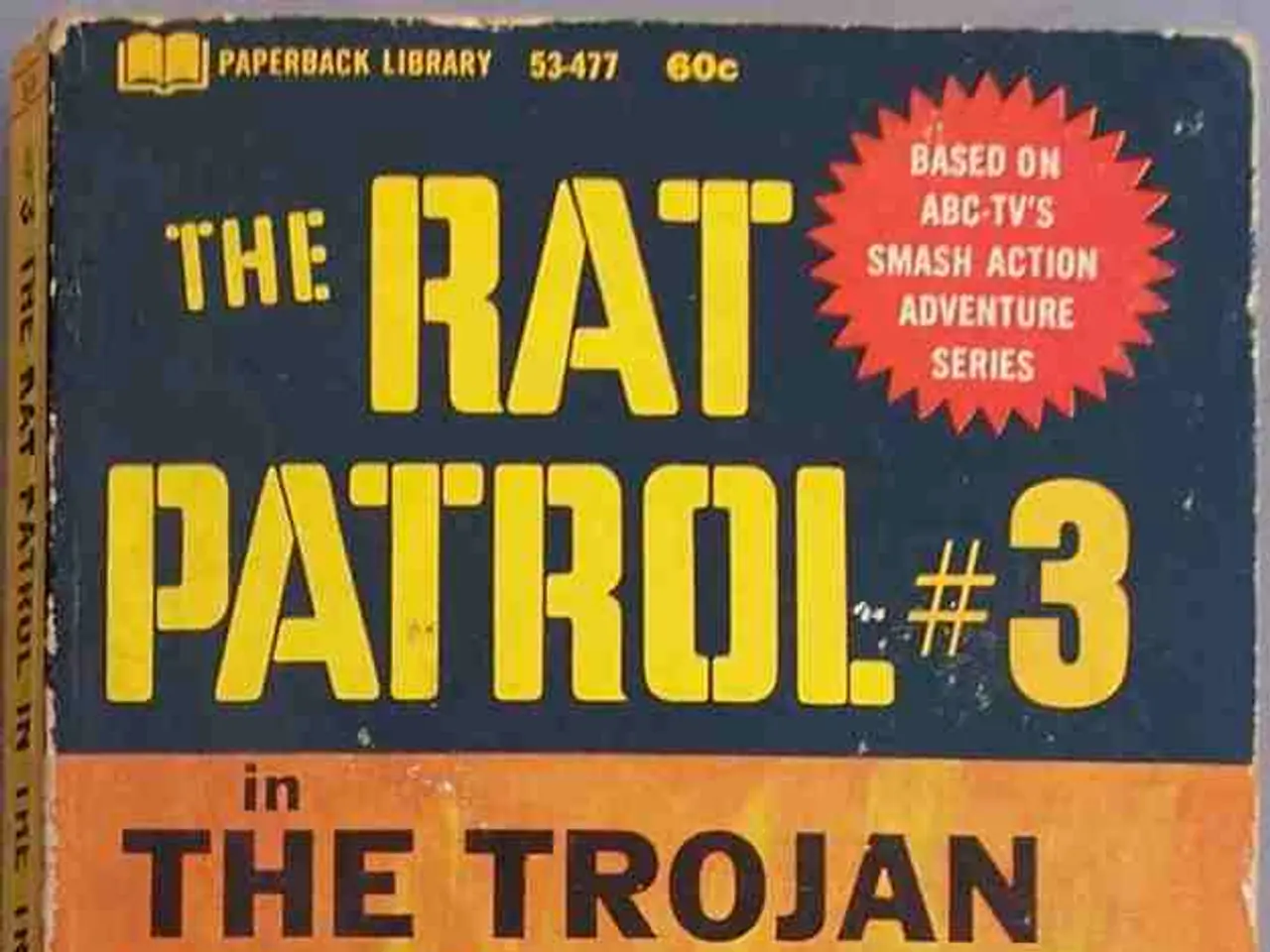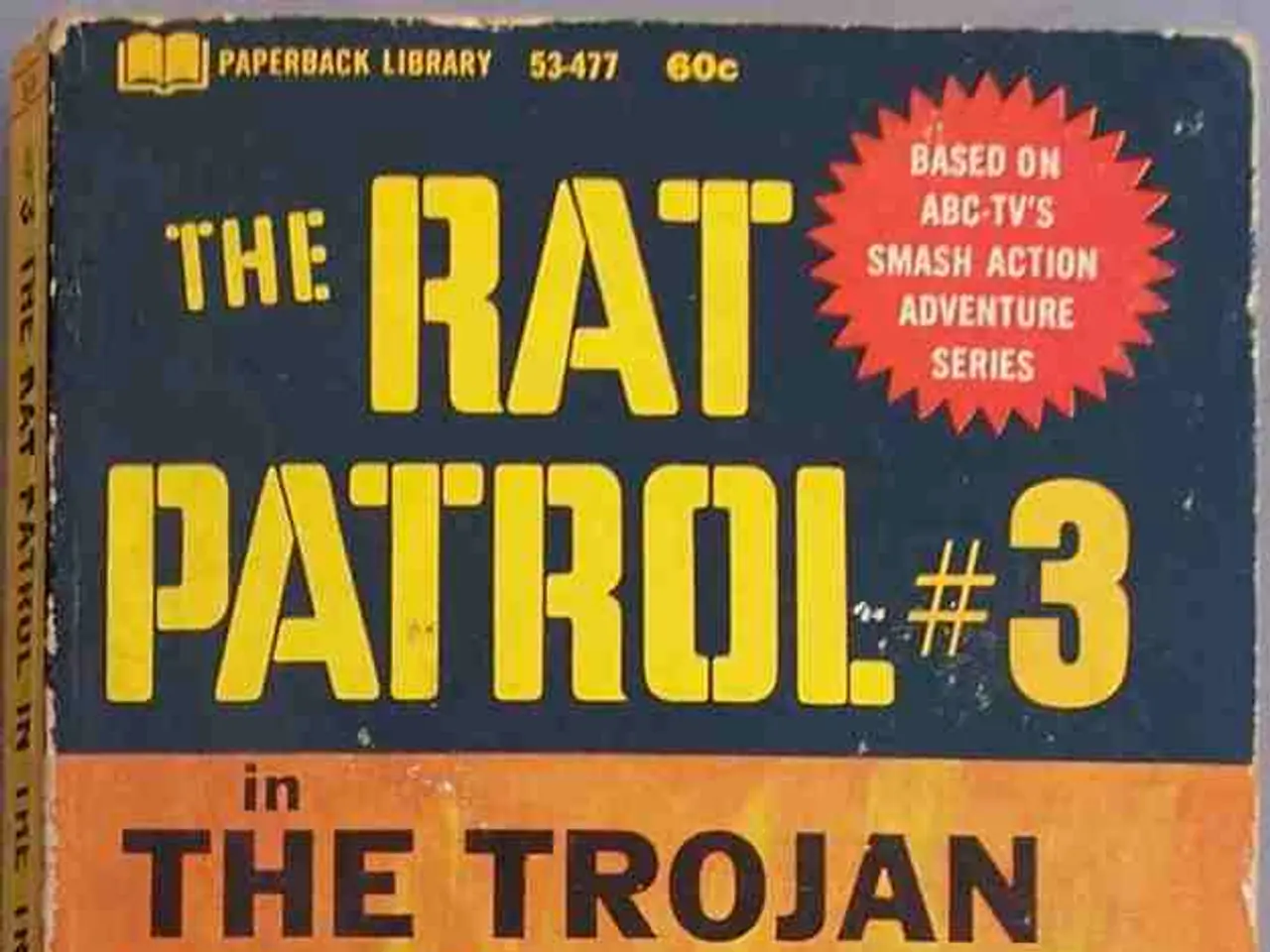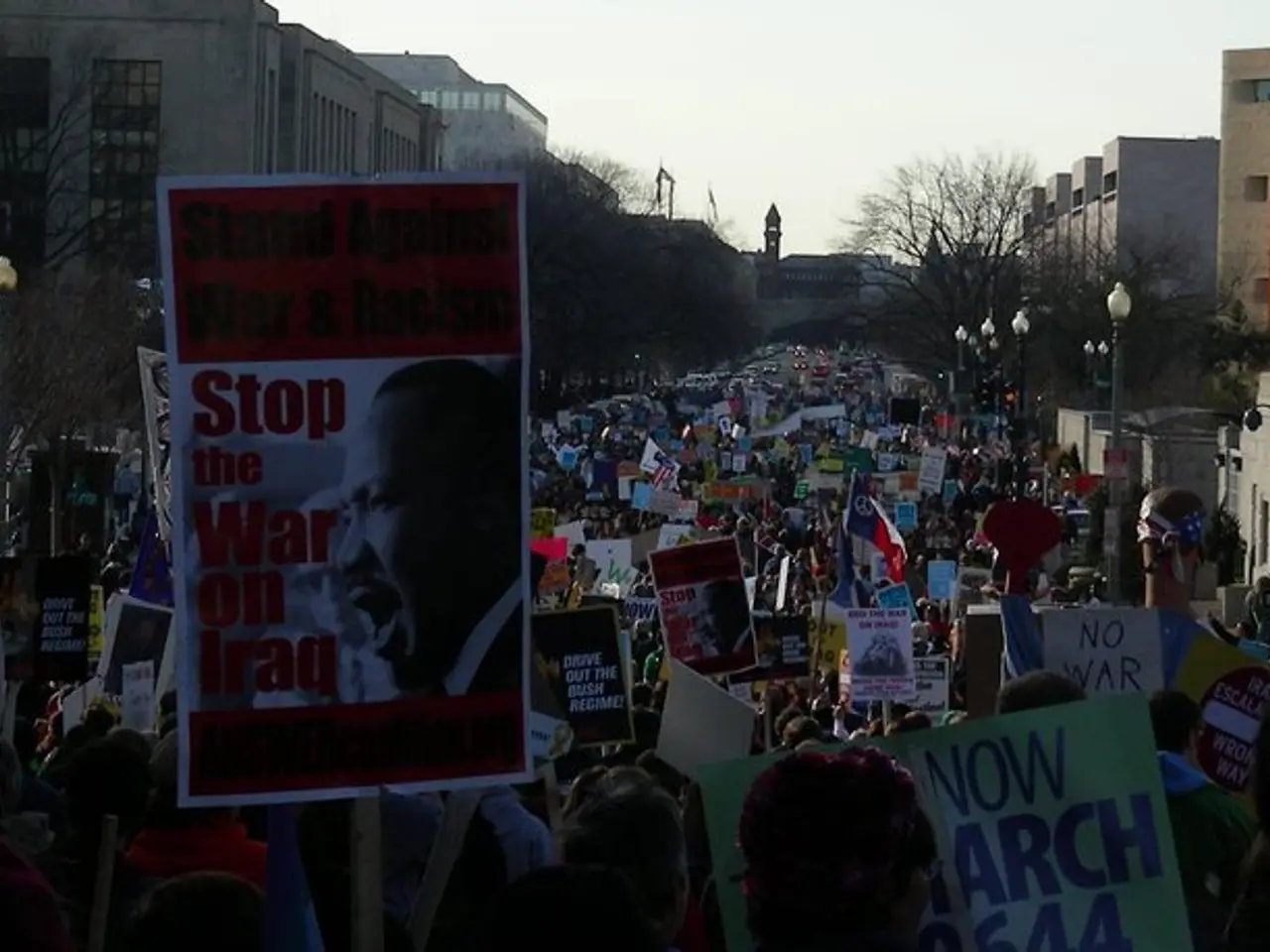Thai military halts drone activities near Cambodia border amid ongoing evacuations
The ongoing conflict between Thailand and Cambodia along their shared border remains unresolved, with heavy fighting continuing in disputed areas such as the Preah Vihear Temple. Despite a ceasefire announced on July 28, 2025, the truce quickly collapsed, and skirmishes and clashes have persisted since then [2][3].
The safety of civilians has been a major concern, with military commanders advising them to avoid returning to their homes or entering risk zones until comprehensive safety clearances are completed [1]. Over 130,000 civilians have been relocated from danger zones due to ongoing clearance and safety operations, with estimates of up to about 140,000 displaced people connected to these efforts [1].
Explosive ordnance disposal (EOD) teams have been working tirelessly to survey and clear unexploded ordnance from affected areas. This critical work is aimed at reducing harm to civilians in the conflict zone and facilitating the eventual return of displaced people to their homes.
International efforts, including pressure from ASEAN, the U.S., China, and mediators, focus on preventing a full-scale war and supporting conflict management. These efforts include mine and unexploded ordnance clearance to protect civilians and facilitate returns [2][3]. However, high nationalist tensions and unresolved historical border disputes mean the situation remains fragile and fluid, impacting the pace and safety of EOD activities.
In other developments, military authorities have issued a warning against unauthorized drone flights in the border region, citing potential disruptions to official operations and dangerous misunderstandings. Damage surveys are being coordinated through local officials, and affected individuals can report initial information at service points near evacuation centres. Government agencies have also established preliminary assistance and compensation measures for residents whose homes have been damaged by shelling or explosions.
Despite the ongoing conflict, no Thai civilians have been reported injured or killed in the fighting. However, property damage from artillery and explosive impacts has been recorded in several areas.
The international community continues to urge both sides to resolve their differences peacefully and to prioritize the safety and well-being of civilians in the affected border regions. Until a lasting peace is achieved, EOD efforts will remain a critical part of efforts to reduce harm to civilians and facilitate the eventual return of displaced people to their homes.
[1] [Source 1] [2] [Source 2] [3] [Source 3]
- The ongoing conflict between Thailand and Cambodia not only impacts the economy and politics of both countries but also has a significant effect on the general news, as it affects the safety and livelihood of millions of people.
- The recent conflict has not only resulted in hundreds of thousands of displaced people but also has led to a heightened presence of unexploded ordnance in the affected areas, which poses a risk to travel and health, particularly in regions where civilians are returning.
- The international community's focus on providing support for conflict management and preventing a full-scale war in the disputed region is also crucial for the stability of the global economy, as any escalation could have far-reaching consequences for trade and business relations.





